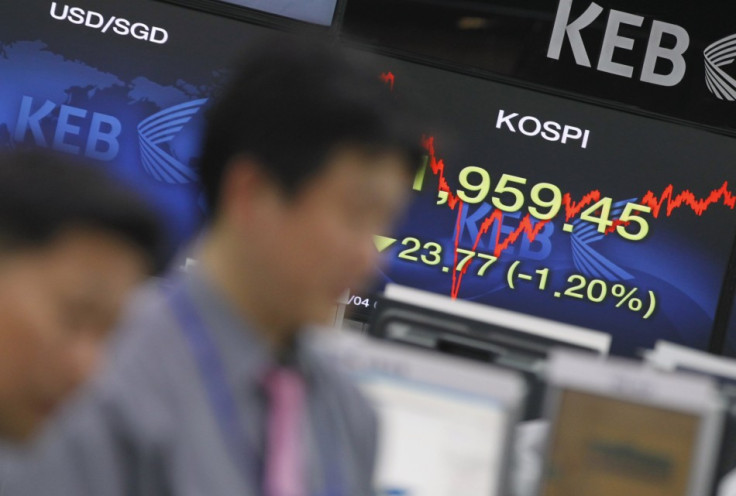Asian Markets Weekly Report: Shanghai Gains While Australia Hit by Lower Commodity Prices

Asian markets have ended the week's trading on a mixed note with China and Hong Kong shares gaining further, while Japan, Australia and South Korea going down amid discussions about the yen's weakness and worries in the commodity sector.
Despite a rebound on Friday, Australia's benchmark S&P/ASX 200 index was the worst performer in the week, declining 1.3 percent. The key mining sector in the country suffered from a decline in commodity prices, triggered by lower-than-expected China growth data and decline in the US industrial production.
Commodity stocks in the country suffered from a decline in the prices of oil and metals, especially gold futures that slumped to their lowest level in 21 months.
Japan's Nikkei average lost 0.3 percent during the week as the yen rose from record-low levels on warnings from the US and Europe that they will closely watch the currency.
Japan's currency dropped at least 1 percent against all of its 16 most-traded peers amid bets on more of the quantitative- easing stimulus from the Bank of Japan. The yen had already slid to a four-year low versus the greenback and touched its lowest level against the US dollar at 99.95 since April 2009, last week.
However, the dollar gained 1.4 percent to 99.52 yen on Friday after the G20 group of nations concluded that Japan's monetary stimulus plan did not breach a pact to avoid currency devaluations.
In Korea, the benchmark Kospi index was down 1 percent for the week. The market primarily suffered from the decline in the shares of chip suppliers, after key US customers such as Apple projected reduced import of raw materials. The benchmark index earlier marked a fresh low for 2013 at 1,889 points but managed to close on Friday above the 1,900 mark.
The Shanghai market was Asia's best performer for the week, rising about 2 percent, while the Hang Seng composite index gained 0.4 percent.
Comments from China's central bank suggesting a widening of the yuan's trading band fueled the mainland's rally, boosting the benchmark index 2.1 percent on the last trading session of the week. Yi Gang, deputy governor at the People's Bank of China, earlier said that the yuan's trading band against the US dollar will be widened "in the near future".
China's gain was despite a disappointing set of data released early in the week, including first-quarter economic growth.
The Week Ahead
Japan is due to release its revised growth and inflation forecasts towards the close of the week. The BoJ has already raised its inflation target from 1 percent to 2 percent since its last projections in January. Other data expected from Japan during the week include the manufacturing PMI and a small business confidence survey.
In China, investors will be closely watching the April HSBC/Markit flash manufacturing PMI. Analysts from Capital Economics believe that the downbeat data for the first quarter and March indicate that the economic rebound in the country has faded, although continued rapid credit growth should have prevented a renewed slowdown so far.
In addition, Korea will release its first quarter GDP data on 23 April, which is unlikely to show any rebound in growth, according to analysts. Australia's consumer price inflation details are also expected during the week.
© Copyright IBTimes 2025. All rights reserved.





















